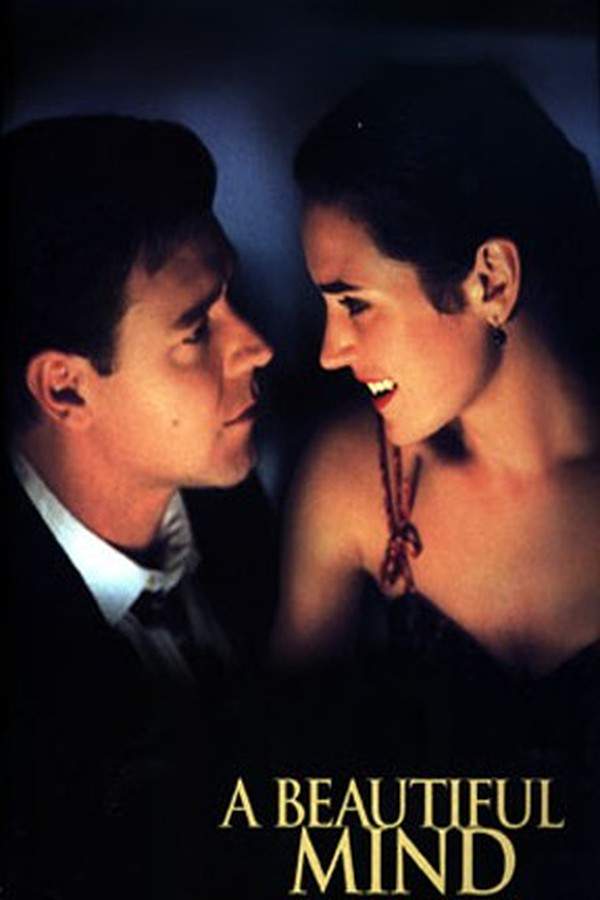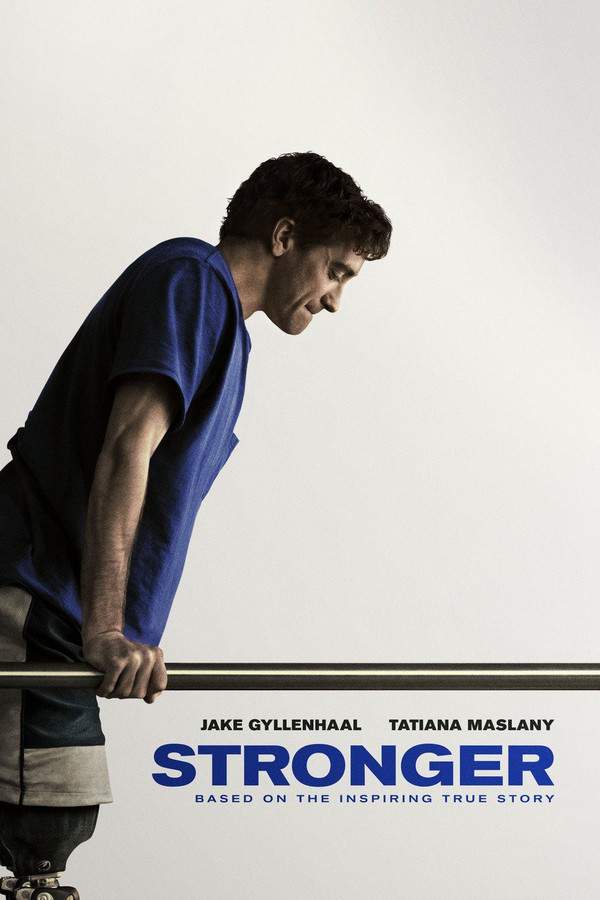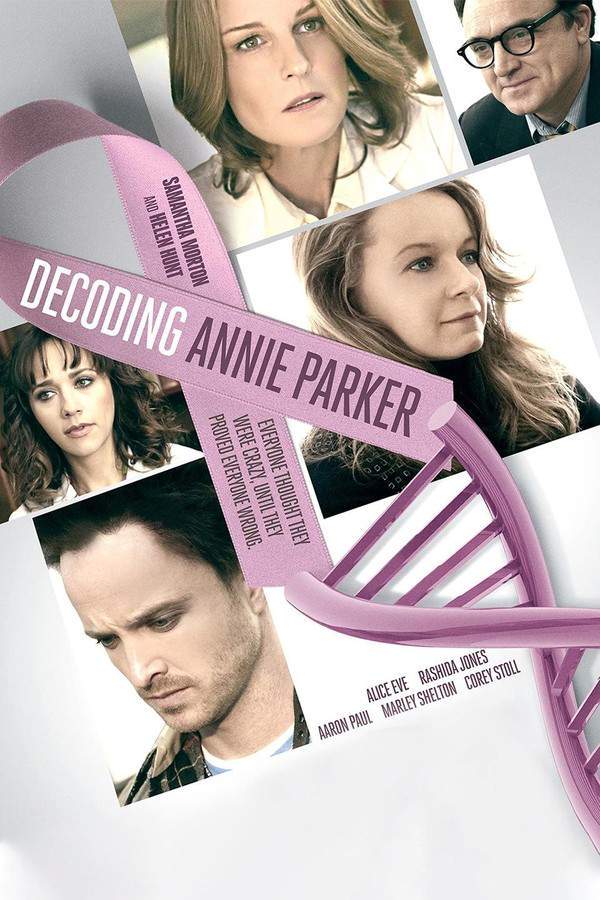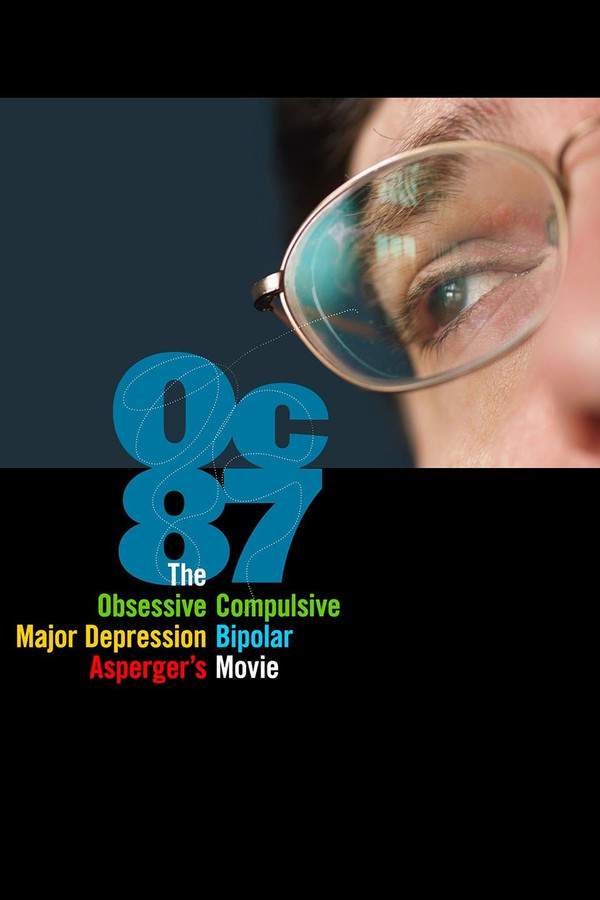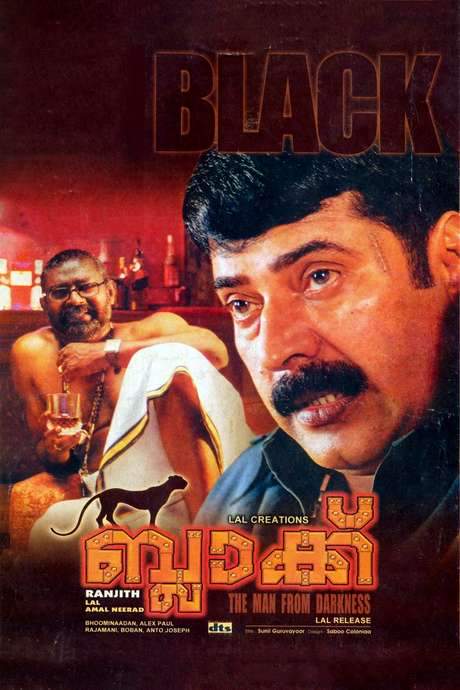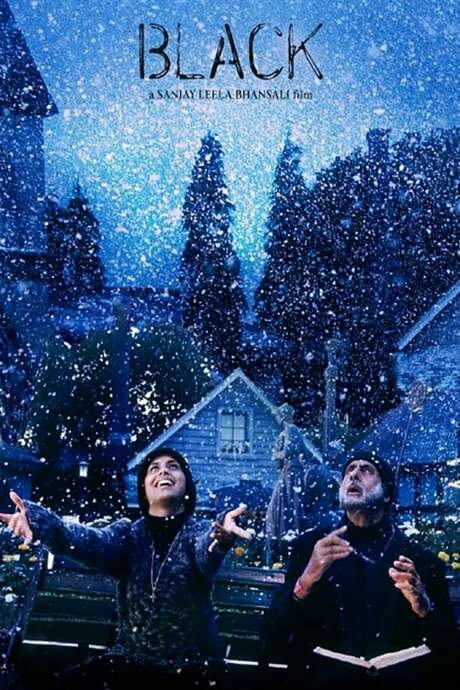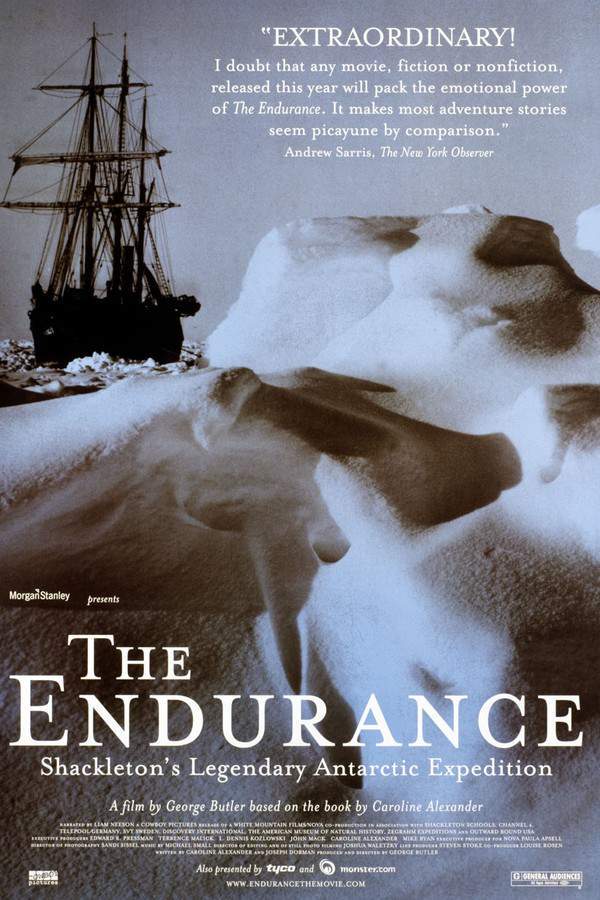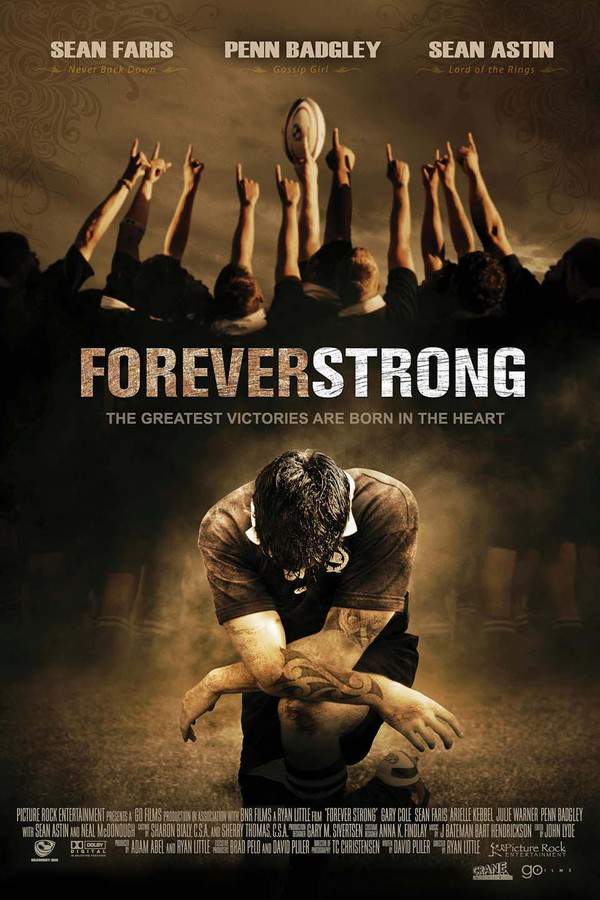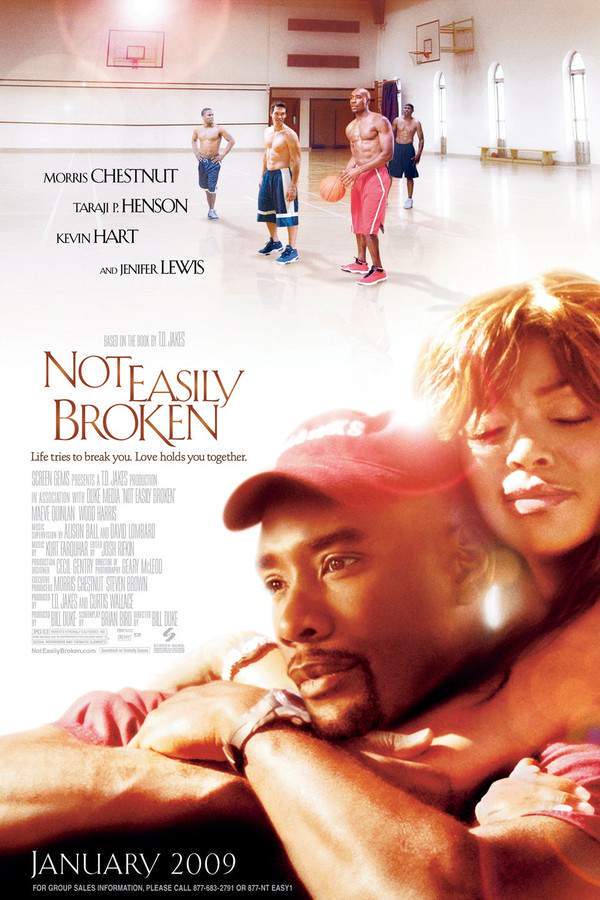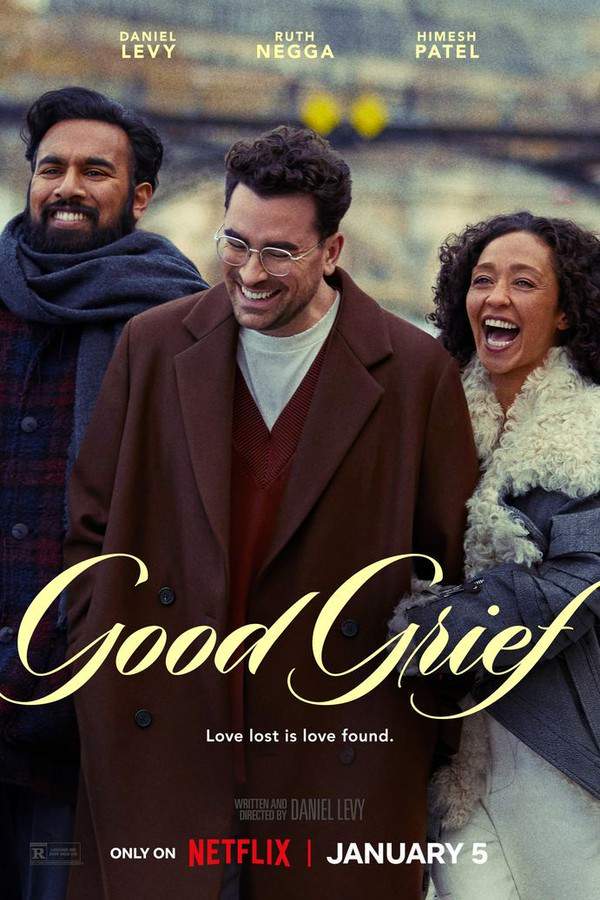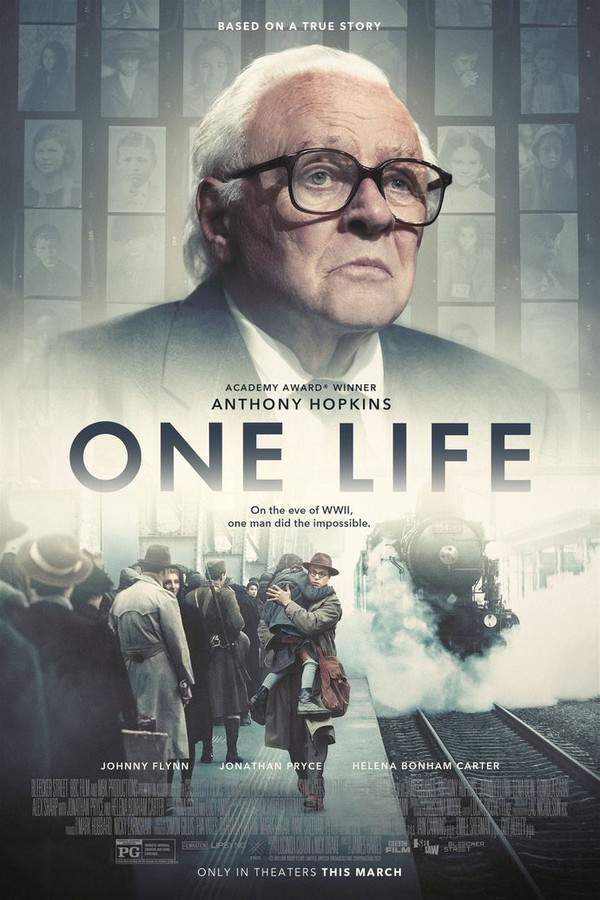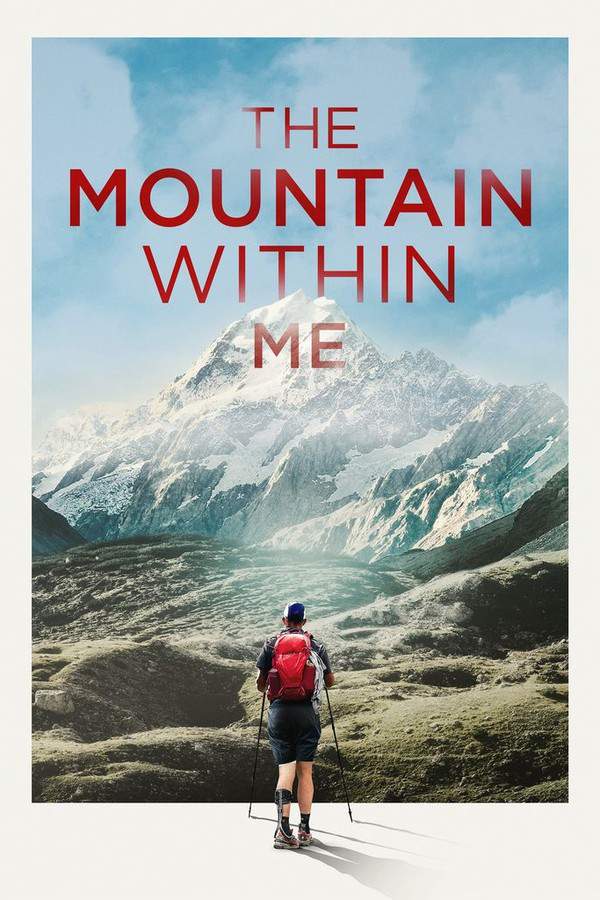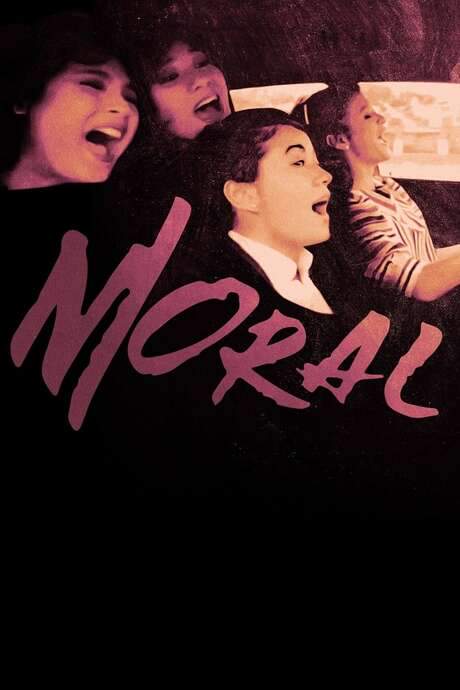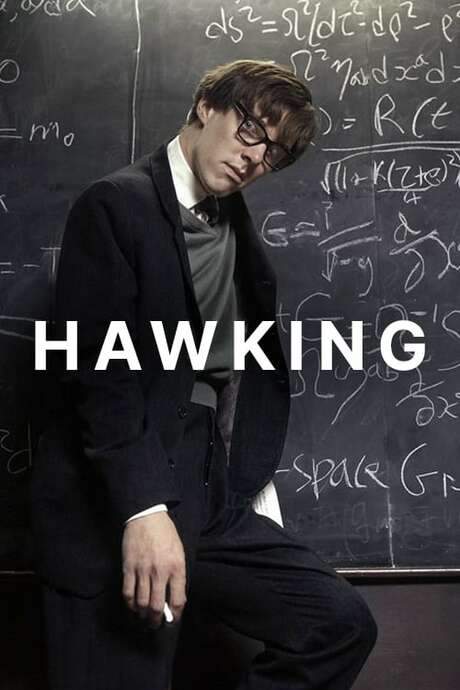
Hawking
Year: 2004
Runtime: 90 mins
Language: English
Director: Philip Martin
In 1963, a young Stephen Hawking celebrates his 21st birthday surrounded by friends, including the captivating Jane Wilde. Their mutual fascination with stars and the cosmos quickly turns into a strong attraction. Suddenly, Stephen collapses, unable to stand, foreshadowing the health challenges that will shape his extraordinary life and scientific legacy.
Warning: spoilers below!
Haven’t seen Hawking yet? This summary contains major spoilers. Bookmark the page, watch the movie, and come back for the full breakdown. If you're ready, scroll on and relive the story!
Hawking (2004) – Full Plot Summary & Ending Explained
Read the complete plot breakdown of Hawking (2004), including all key story events, major twists, and the ending explained in detail. Discover what really happened—and what it all means.
Stephen Hawking’s 21st birthday party becomes the unlikely spark for a profound connection with Jane Wilde, as she is drawn to his vast curiosity about the stars and the universe. The pair share a magnetic pull, but the moment of wonder is brutally interrupted when Stephen suddenly cannot stand, and a hospital visit reshapes the course of their lives. Doctors deliver a devastating diagnosis: Stephen has motor neurone disease, and the prognosis is bleak—doctors don’t expect him to survive more than two years. He returns to Cambridge to face a term that will continue without him, and the looming question of a PhD subjects his mind in a way nothing else can.
Back on campus, Stephen struggles to keep up with the rapid pace of academic life. He finds it impossible to pretend that everything is fine, rejecting the steady hands of his supervisor Dennis Sciama and sinking into a deep, isolating depression. Yet the spark of hope remains, partly sustained by Jane’s unwavering faith in him, which helps him cling to something meaningful as his body weakens. The atmosphere of the time is dominated by the Steady State theory, a bold claim about a universe with no origin, championed by the outspoken Yorkshire professor Fred Hoyle, a public figure of science television who becomes a foil and a focal point of Hawking’s growing skepticism.
One evening Hawking glimpses an early paper by Hoyle and, through careful scrutiny, spots a mistake. He challenges Hoyle after the lecture, and the public fracas rattles the department while also giving him a hard-won rush of confidence. Around this time, a fresh perspective arrives in the form of Roger Penrose, whose topological approach—focusing on shapes rather than equations—opens new doors for Hawking. Penrose’s fascination with the life and death of stars leads to a remarkable idea: the behavior of collapsing stars might reveal something fundamental about the universe itself. Hawking’s mind, pressured by illness yet energized by possibility, begins to see a path toward a radical theory: what if the universe began with a bang rather than simply existing without origin?
With renewed purpose, Stephen embraces Penrose’s insights about singularities and the possibility of tracing the universe’s history backward in time. He harnesses this new lens to forge a brilliant PhD thesis with implications that reverberate through cosmology. Despite his deteriorating health, he writes, studies, and maintains a stubborn resilience, bound to Jane through marriage proposals and a stubborn, almost defiant will to survive. The result is a story of scientific awakening that pairs intimate personal endurance with a leap in understanding the cosmos.
Interwoven with Hawking’s journey is a parallel, real-world arc: in 1978, Arno Allan Penzias and Robert Wilson recount, in Stockholm, how their radio-telescope work uncovered a faint, pervasive signal from space—the leftover glow of the universe’s earliest explosion. This discovery provides crucial empirical support for the big-bang theory Hawking is beginning to articulate, cementing a turning point in how humanity comprehends its origins. As the film threads these two strands together, it paints a portrait of a man who, despite a daunting diagnosis, helps usher in a scientific upheaval that changes the way we understand space, time, and our own place within it.
Today, the consensus in science holds that the universe started with a Big Bang, billions of years ago, and the narrative of two lives—one intimate and fragile, one giant and universal—converges to tell the story of how a young student from Cambridge helped transform our view of reality.
Last Updated: October 09, 2025 at 15:15
Explore Movie Threads
Discover curated groups of movies connected by mood, themes, and story style. Browse collections built around emotion, atmosphere, and narrative focus to easily find films that match what you feel like watching right now.
Brilliant Minds Facing Adversity Movies like Hawking
Stories of exceptional minds facing profound personal challenges with unwavering determination.Find movies like Hawking, featuring brilliant protagonists whose personal struggles with illness or other immense challenges define their extraordinary journeys. These stories of intellectual resilience and personal triumph offer a similar mix of heavy emotional weight, hopeful tone, and inspiring character arcs.
Narrative Summary
These narratives typically follow a genius or highly skilled individual on the cusp of a major breakthrough. Their path is dramatically complicated by a sudden, devastating personal hurdle—such as a terminal diagnosis or a psychological crisis. The story then intertwines their professional persistence with their personal fight for endurance, often hinging on the support of a key relationship, and culminating in a legacy that transcends their suffering.
Why These Movies?
Movies in this thread are united by their focus on the intersection of extreme intellect and extreme human vulnerability. They share a tone that is fundamentally hopeful despite heavy emotional stakes, a steady pacing that respects the patient nature of both struggle and discovery, and a core theme of legacy built through defiance.
Intimate Biographical Dramas similar to Hawking
Grand personal journeys told through the quiet, steady lens of daily life and relationships.Discover films similar to Hawking that blend a grand biographical scope with an intimate, relationship-focused narrative. If you liked the steady pacing and the balance of scientific discovery with personal partnership in Hawking, you'll find more emotionally heavy, hopeful stories here.
Narrative Summary
These stories often cover a significant portion of a person's life, using key relationships as the narrative anchor. The plot avoids frantic action in favor of a steady, deliberate pace that mirrors the long, patient process of enduring hardship or making a discovery. The central conflict is internal and relational, with the 'epic' quality emerging from the emotional weight and historical significance of the journey, rather than from external events.
Why These Movies?
These movies are grouped by their unique narrative structure and mood: they possess the emotional weight and significance of an epic story but are delivered with the pacing and focus of an intimate drama. They consistently balance a heavy central theme (like illness or historical struggle) with a hopeful, humanistic tone, creating a deeply resonant viewing experience.
Unlock the Full Story of Hawking
Don't stop at just watching — explore Hawking in full detail. From the complete plot summary and scene-by-scene timeline to character breakdowns, thematic analysis, and a deep dive into the ending — every page helps you truly understand what Hawking is all about. Plus, discover what's next after the movie.
Hawking Timeline
Track the full timeline of Hawking with every major event arranged chronologically. Perfect for decoding non-linear storytelling, flashbacks, or parallel narratives with a clear scene-by-scene breakdown.

Characters, Settings & Themes in Hawking
Discover the characters, locations, and core themes that shape Hawking. Get insights into symbolic elements, setting significance, and deeper narrative meaning — ideal for thematic analysis and movie breakdowns.

Hawking Spoiler-Free Summary
Get a quick, spoiler-free overview of Hawking that covers the main plot points and key details without revealing any major twists or spoilers. Perfect for those who want to know what to expect before diving in.

More About Hawking
Visit What's After the Movie to explore more about Hawking: box office results, cast and crew info, production details, post-credit scenes, and external links — all in one place for movie fans and researchers.


